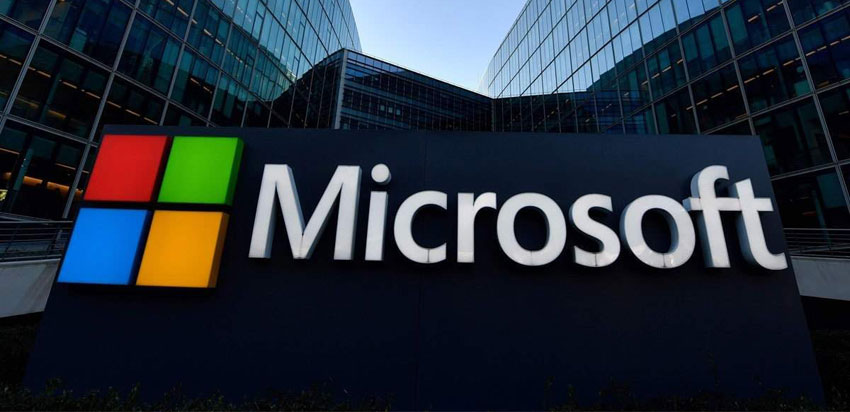Microsoft’s president has hit out after the software giant’s deal to buy US video game company Activision Blizzard was blocked by UK regulators. The move was “bad for Britain” and showed that the European Union was a better place to set up a firm than the UK, Brad Smith told the BBC.
He added it was Microsoft’s “darkest day in our four decades in Britain”.
But the Competition and Markets Authority (CMA) said its job was not to serve the interests of merging firms. The CMA added that its decision would encourage growth.

Major Gaming Deal Blocked
The proposed $68.7bn (£55bn) takeover would see Microsoft get hold of massively popular games titles such as Call of Duty, Candy Crush, and World of Warcraft.
But on Wednesday the regulator said it was concerned the deal would hit innovation and give gamers less choice in the fast-growing cloud gaming market, where people buy subscriptions to access games online.
Microsoft has already said the decision may have an impact on its UK investment.
In an interview with the BBC’s Wake up to Money programme, Mr Smith, who is Microsoft’s vice chair and president, said the company was “very disappointed” about the CMA’s decision, “but more than that, unfortunately, I think it’s bad for Britain.”
“There’s a clear message here – the European Union is a more attractive place to start a business than the United Kingdom.” He added: “This decision, I have to say, is probably the darkest day in our four decades in Britain. It does more than shake our confidence in the future of the opportunity to grow a technology business in Britain than we’ve ever confronted before.”
The UK government has made it one of its post-Brexit goals to bring in a “light-touch” set of rules for science and technology to encourage economic growth.
Mr Smith said that if the UK wants to bring in investment and make Britain a place “where technology is not only going to flourish, but be created”, then “it needs to look hard at the role of the CMA and the regulatory structure”.
He added that “people are shocked, people are disappointed, and people’s confidence in technology in the UK has been severely shaken” by the CMA decision.
However, the regulator hit back, saying: “It is the CMA’s job to do what is best for the people, businesses and economy of the UK, not merging firms with commercial interests.” It added that its decision means that a range of firms, “large and small”, can “continue to compete in this rapidly growing market”.
The CMA’s chief executive, Sarah Cardell, told the BBC’s Today programme that she did not agree with Mr Smith’s comments “at all”.
“I think this decision shows actually how important it is to support competition in the UK and that the UK is absolutely open for business,” she said. “We want to create an environment where a whole host of different companies can compete effectively, can grow and innovate.”
Microsoft and Activision have said they will appeal against the CMA’s decision.